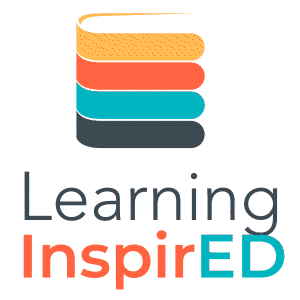Student Power Summit 2026
Join the Student Power Summit in Los Angeles, CA on March 9-10, 2026 — the only national conference dedicated to student agency. Held in partnership with Homeboy Industries at the California Endowment Center, this transformative event explores how giving students more control can revolutionize education. You'll connect with educators and students from across the nation while discovering research-based strategies grounded in self-determination theory.
Spotlight: Student Leadership Restorative Practices
Student-Led Restorative Practices (SLRP) — August 2025 — was a transformative three-day training program led by student leaders from five districts, guided by AJ Crabill, and sponsored by Learning InspirED, about community building and conflict resolution skills.
Through increasingly challenging exercises that require vulnerability and authentic sharing, students developed the capacity to lead their peers and take ownership of their school's climate rather than relying on adults to resolve conflicts. This program exemplified student autonomy in action, empowering young people to make meaningful decisions about their learning environment, facilitate healing conversations, and create positive change in their educational communities by putting student voice and agency at the center of how schools function.
Change the Context.
Change their Lives.
Learning InspirED is a forward-thinking education consulting organization committed to learning and supporting the development of student agency. With a focus on moving away from constraints and moving toward possibilities, we help school districts create the best conditions for students to lead their own learning.
What is Student Self-Determined Learning?
Self-determined learning (SDL) refers to learning that is initiated, planned, organized, and/or executed by students, based on their individual interests and strengths.
“How can you ever expect me and my friends to learn if we aren’t engaged?
And how can you expect us to be engaged if we have no authority over what we’re learning?”
Levin and Engel, 2016






